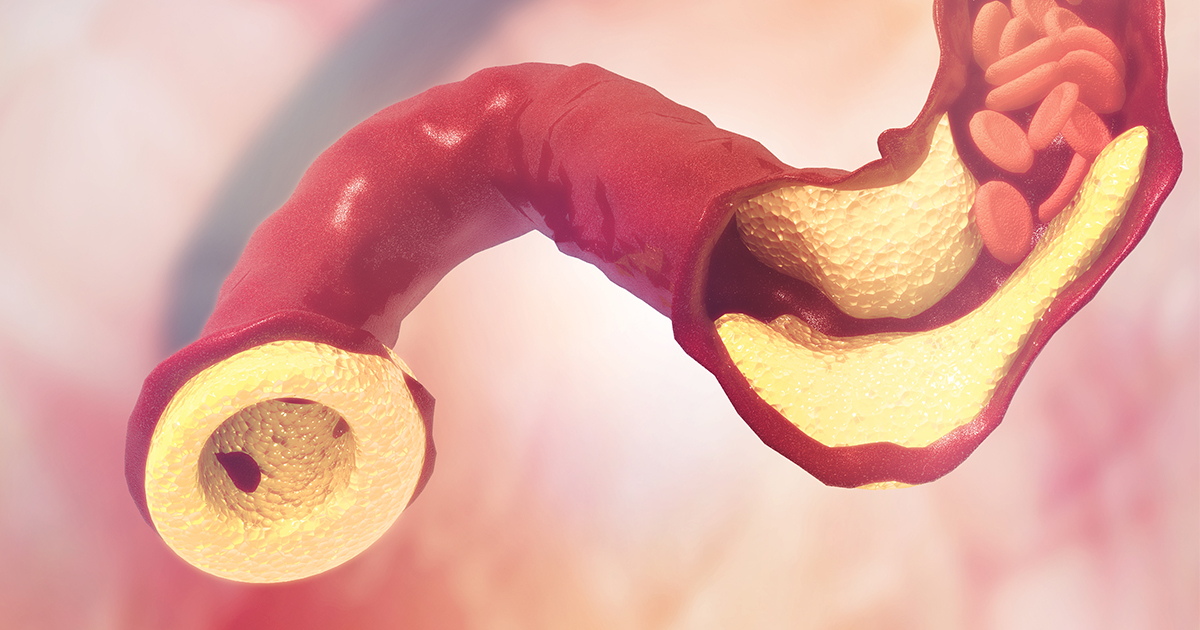Don’t Let Cholesterol Ruin Kidney Health

Two types of lipoproteins carry cholesterol throughout the body. Low-density lipoprotein (LDL), also known as “bad cholesterol,” carries cholesterol to the blood vessel. On the other hand, the “good cholesterol” high-density lipoprotein (HDL) carries cholesterol back to the liver, which will get rid of afterward. Therefore, the amount of HDL and LDL significantly impacts health. High cholesterol does threaten not only cardiovascular health but also kidney health.
A published Physician’s Health Study linked high cholesterol levels and kidney health. It was also one of the earliest studies that brought up this correlation. The research team took blood samples from 4500 men for more than 10 years and monitored their creatinine and cholesterol level. The result revealed that high cholesterol levels, high LDL levels, and low HDL levels were common in men with poorer kidney function.
Another study obtained similar results and suggested that kidney issues were also connected to high triglycerides issues. High LDL levels or low HDL levels and high levels of unhealthy blood lipids increase the risk of kidney problems. Individuals with high cholesterol levels were twice more likely to have kidney issues.
Maintaining a healthy level of blood lipids is one of the important steps in protecting the kidneys. Eat well, and a healthy lifestyle will be a good start to managing cholesterol levels. Always check with healthcare professionals for details to lower the risks.
- * All research and clinical data should be used as reference purposes only, results may vary.




